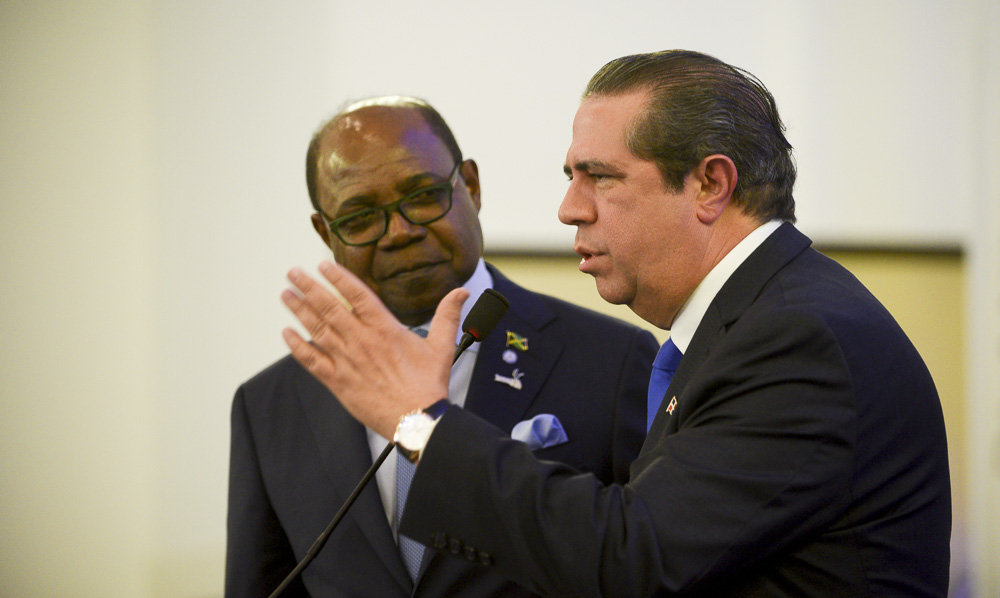This post may contain affiliate links. We may earn money or products from the highlighted keywords or companies or banners mentioned in this post.

With the Internet being such a necessity rather than a luxury these days, so many bookings being made by mobile devices and hotels trying to cater to business travelers and conferences as best they can, there is a great deal of surprise among travelers that wi-fi is not completely complimentary in hotels.
Some chains offer a free package with limitations in some form or another but there is still a sense of reluctance to give in and offer their guests exactly what they want. Research shows that the desire for free wi-fi in hotels is high but hotels seem to be digging in their heels over the issue.
In most hotels, guests find that there are certain limitations in place over wi-fi hotspots, the quality of the package or the other features that they have to sign up for. In many cases, this complimentary Internet connection is viewed as a privilege for the most loyal of clientele – those on loyalty schemes and those that have booked via the chain’s own website getting the honor – while others, like Marriott, limited access to their free wi-fi to push the desirability of the premium, costly alternative.
What is even more alarming is that some, including Hilton, see charging for wi-fi as an ordinary occurrence. Studies show that this approach is pointless. It is no surprise that a reliable Internet connection is a must-have service in hotels but what is particularly interesting is the idea of wi-fi being an expectation not just for budget hotel users looking to save some money. A study by consulting firm Resonance found that guests worth more than $1m felt that this Internet connection was even more valuable than their privacy.
Why do hotel chains need to give in and get up to date with wi-fi? The idea of paying for wi-fi seems increasingly old-fashioned to many hotel guests that see this type of service as a basic requirement on the same lines as a hot shower, a working TV and some basic drinks making facilities. One chain, Hyatt, has woken up to this notion and has brought in full, free access for its guests but they are the clear leaders of the pack and it is slow progress elsewhere.
It is this sense of hotels being out of touch with user needs that raises another important question here: do hotels realize how much they are benefiting from the activities of their users as they enjoy this free wi-fi? Hotel chains seem keen to embrace social media as a marketing tool these days but fail to see the free advertising they get as guests tweet about their stay from their hotel room or post pictures of the trip on Facebook. Resonance went on to show that 51% of Americans in the 18-34 age group update social media on each day of their trip, which means a lot of potential reviews, comments and pictures of the facilities and rooms that could be circulating the net and attracting new visitors.
The longer that hotels trick buyers into paying premium rates or limit hotspots within the hotel, the more likely the chance that those real-time social media reviews will not be favorable. It is a simple choice for hotel chains: give in to demands for free wi-fi and reap the rewards with this free marketing tool or continue to make things costly and complicated and suffer a reputation as an uncaring, undated brand.











